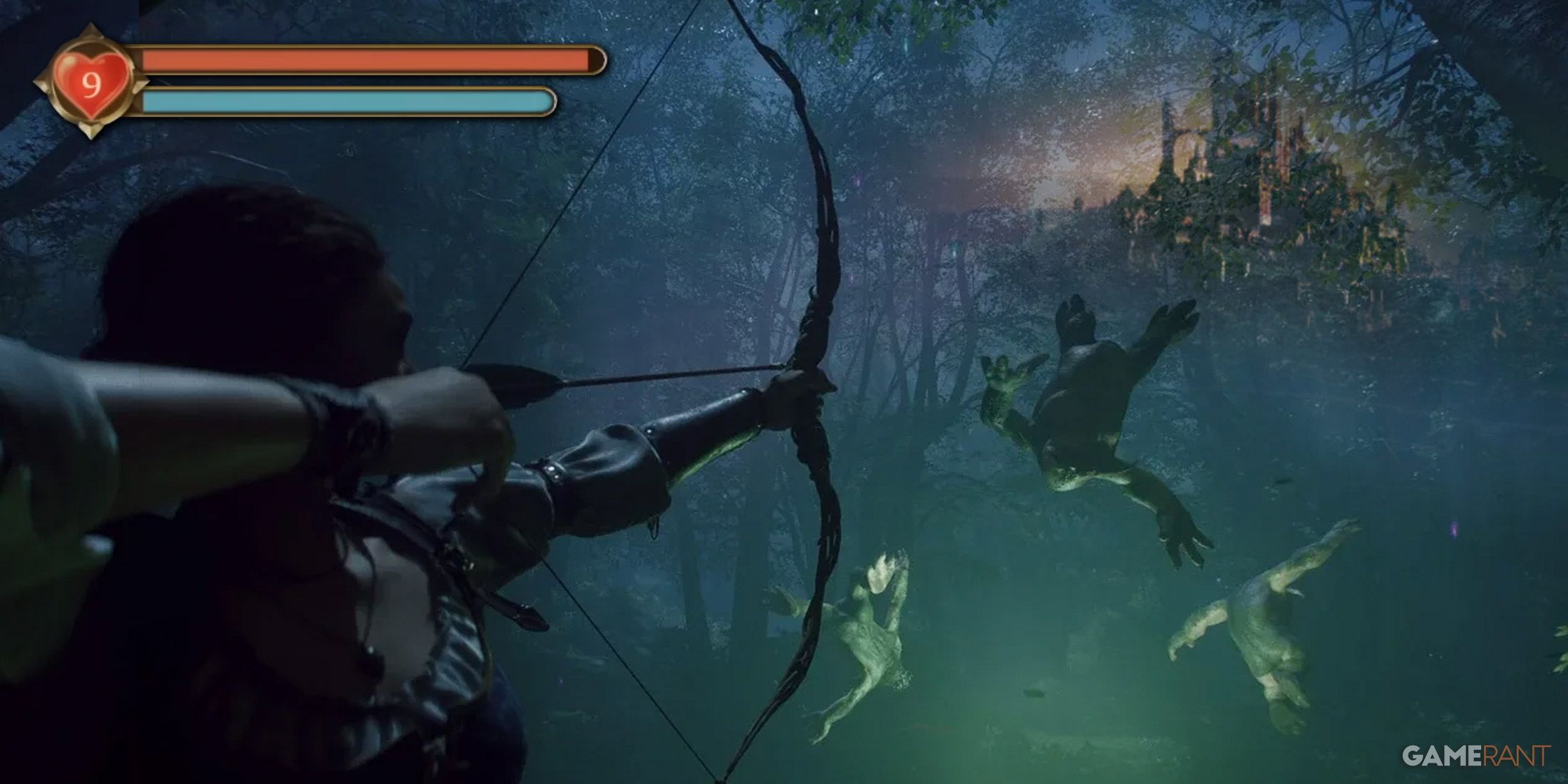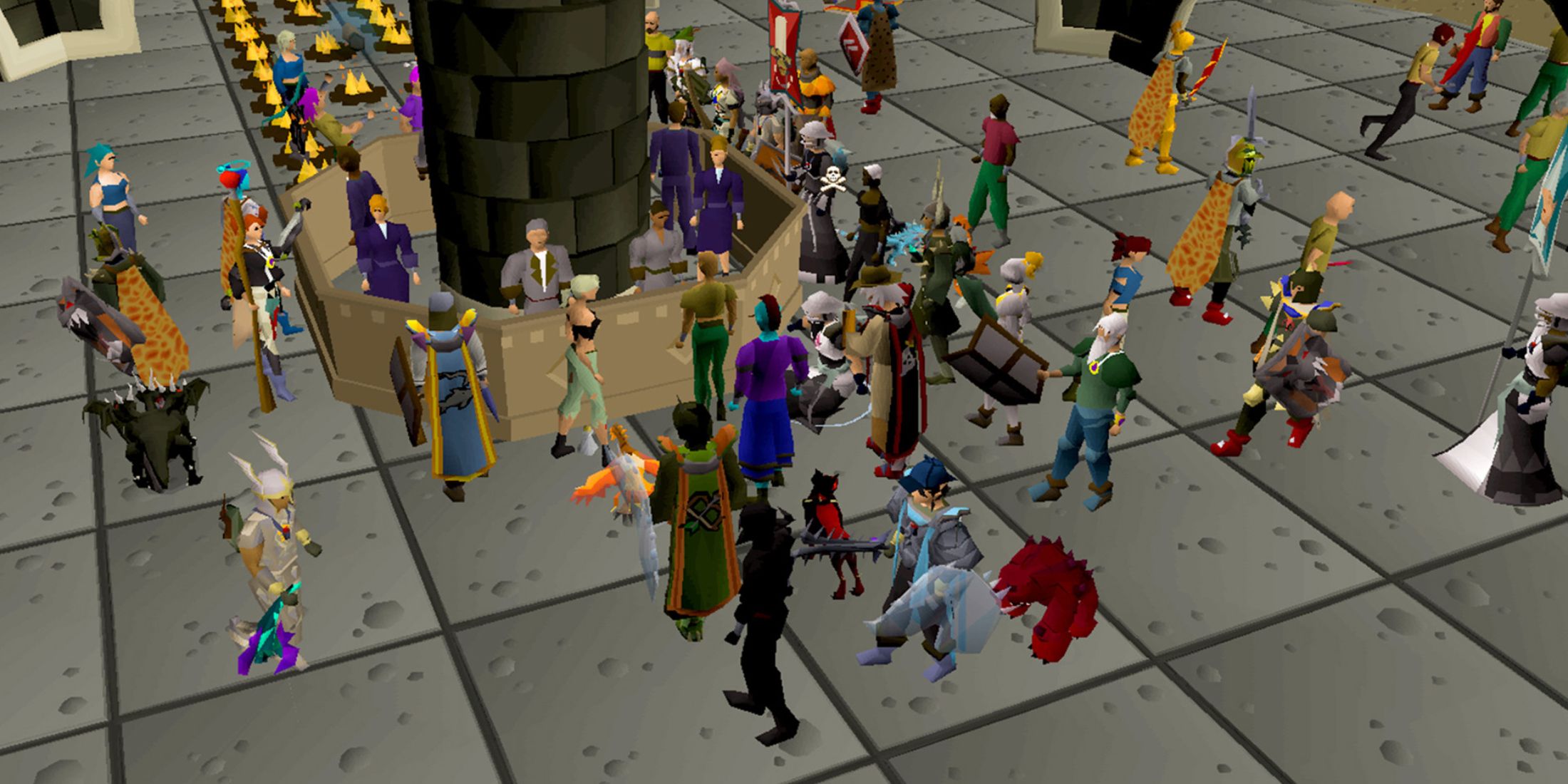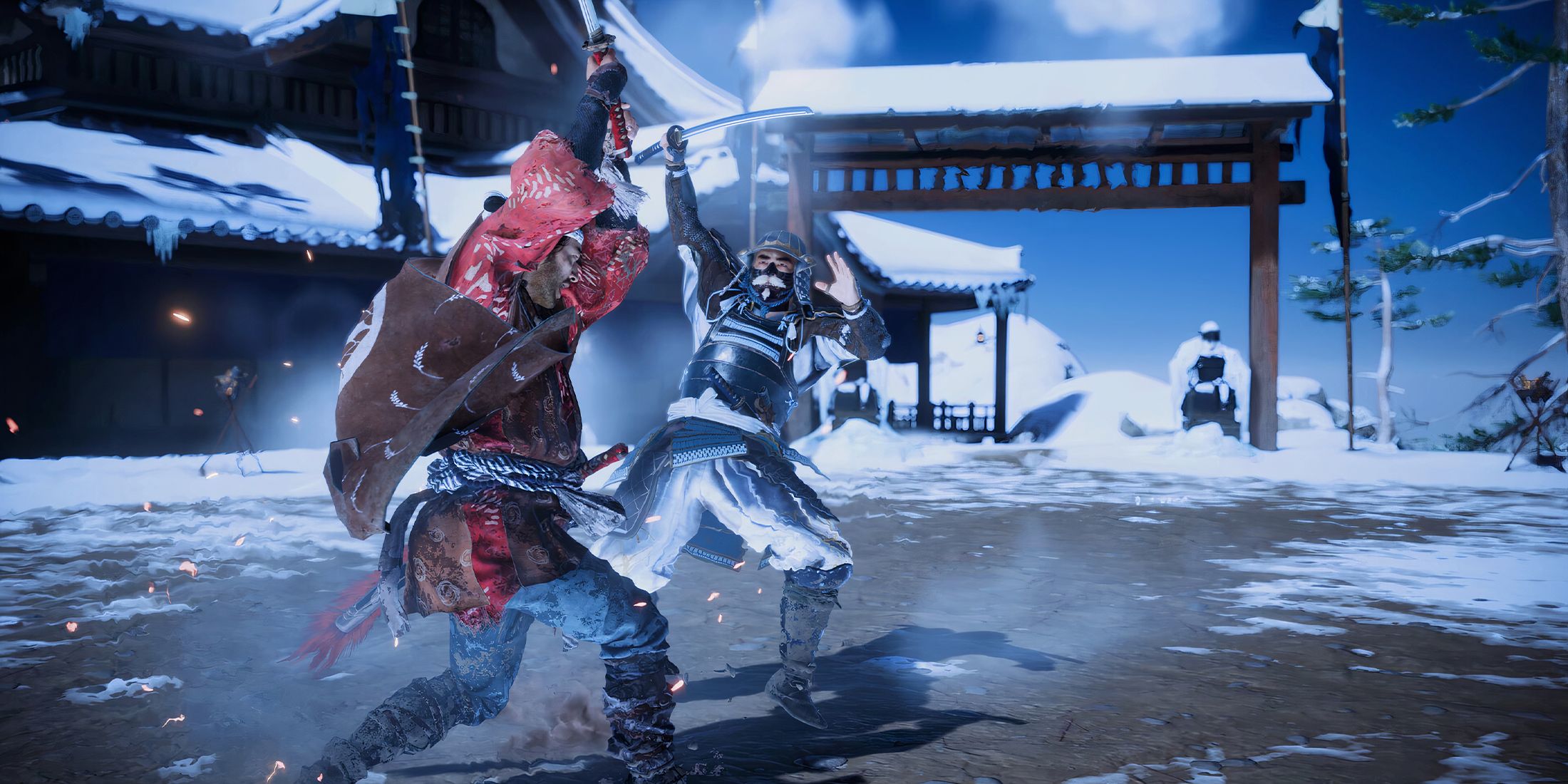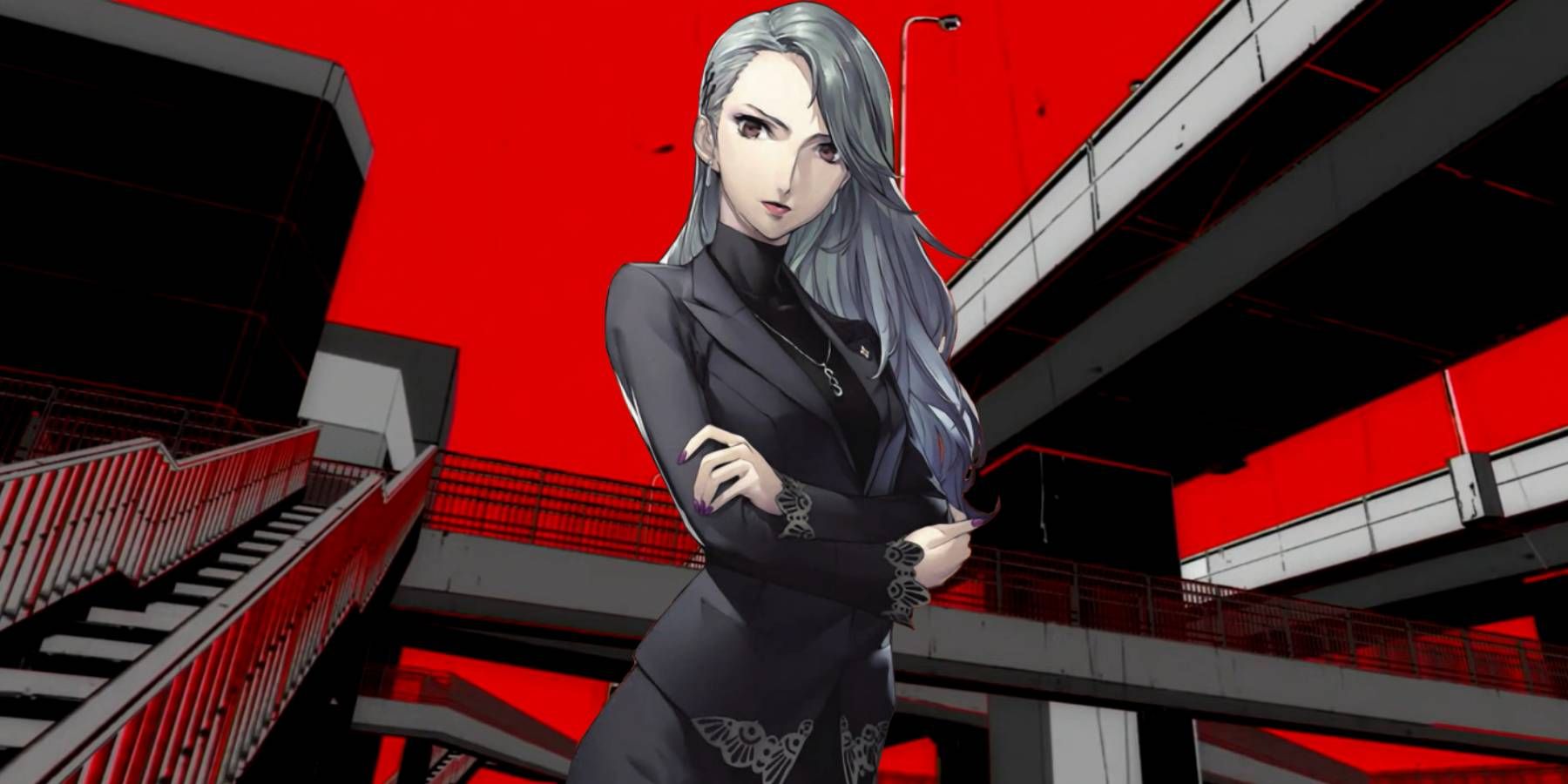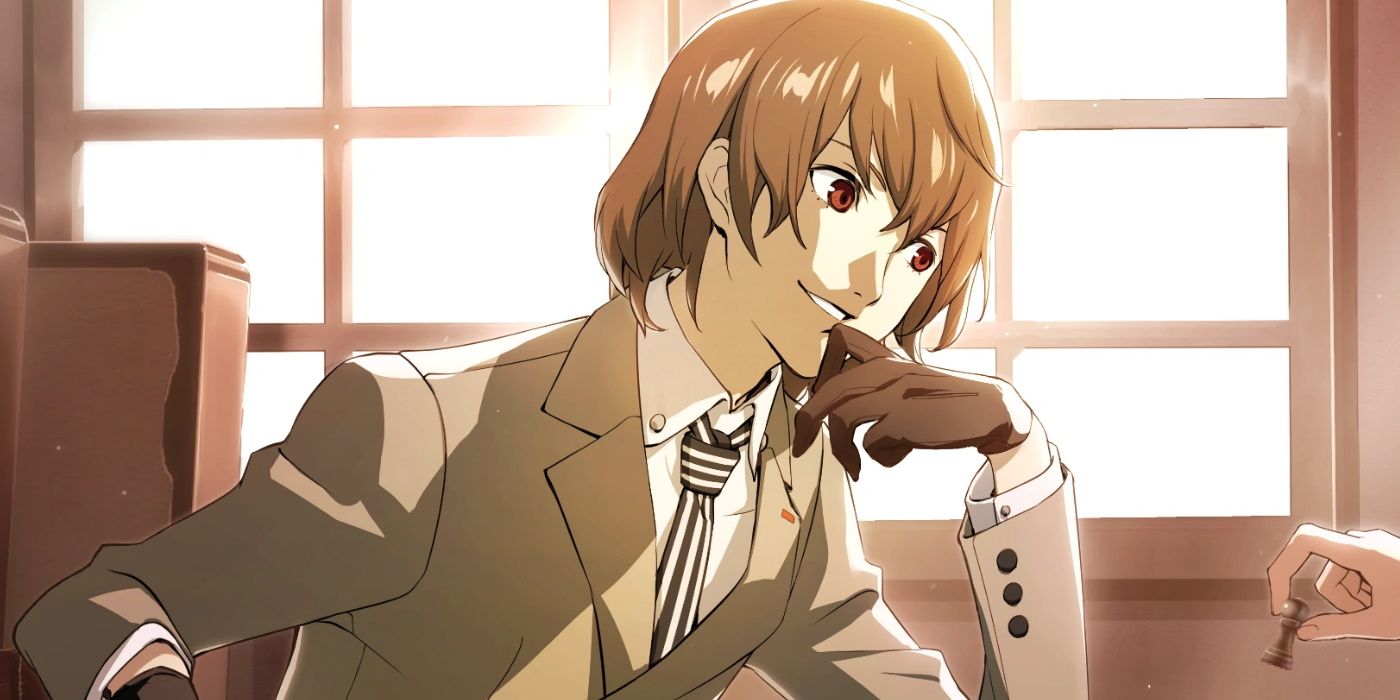Persona 6 will need to fix a problem that Persona 5's automatic Confidants suffered from if it chooses to repeat such a mechanic. While Persona 5's Confidants were a clever evolution of the series' Social Links, Persona 6 should be looking to polish any of the imperfections of the last game. Even with Persona 5's Confidants being possibly the best incarnation of Social Links yet, there were a few in question that could have used some work, even after the rerelease. It will be up to Persona 6 to avoid repeating this awkward mistake with its characters.
An evolution of the series' Social Links, the popular Confidant system in Persona 5 grants players bonus perks in addition to empowering their corresponding Personas. For example, the Strength arcana lets the player put a Persona in Lockdown in order for it to learn a resistance skill, and the Priestess arcana reveals extra information about enemies during battle. Some of these abilities are remarkably powerful, and make pursuing those Confidants practically a necessity. These rewards made Persona 5's Confidants even more important than past games' Social Links. By building relationships, they fill out their arsenal of tactics as well as empowering their future Personas.
Persona 6's Automatic Social Links or Confidants Should Mean Something
Ironically, the exceptions to this are two of the most important characters in Persona 5's overall story, Sae Niijima and Goro Akechi. Both are important characters, with Sae being Makoto's sister as well as a part of the game's framing device, while Akechi is a party member, and they represent the Judgment and Justice Confidants, respectively. Their Confidant paths are unique, as both level up automatically over the course of the story. Unfortunately, they are also unique in that in the original game, they provided no benefits. While Justice would occasionally reveal enemy affinities in Royal, Judgment only existed as a glorified event flag, offering nothing at all.
Admittedly, there are some possible justifications for this design choice. Goro Akechi in Persona 5 isn't a true party member in the first place, only sticking around briefly before betraying the heroes, so it can be argued that the Justice Confidant wasn't a true connection. Likewise, the player doesn't have to do anything but play through the story to unlock the Judgment and Justice Confidants, unlike the others that require time management and making the right choices. Even so, the developers could have added some sort of reward, as Judgment and Justice feel like Confidants in name only due to being effectively pointless.
There are ways that an automatic Confidant could reward the player without seeming unbalanced to help Persona 6's Confidants evolve from Persona 5. One way would be for a story-llnked Confidant to provide minor passive bonuses that could be useful, but not overpowering, like increasing enemy drop rates or offering discounts on summoning Personas. Another option would be for the game to treat certain features unlocking, like new shops or areas to explore, as "rewards" for leveling up the Confidant. While that may seem a little contrived, it's better than having no announced bonuses at all until the endgame takes place. Besides, Morgana already shows that an automatic Confidant can be useful without being overpowered.
Social Links and Confidants that level up with the story are inevitable, but that doesn't mean that they have to be afterthoughts. After Persona 5 missed the opportunity, Persona 6 can improve the balance by finding a way to make these Confidants more meaningful. After all, they usually involve an important connection, as seen in Persona 3 and Persona 4 when they often represented the party as a whole. Such important links need something worthwhile connected to them. Although Persona 5 missed the mark with some of its automatic Confidants, Persona 6 can make sure that they feel more important.
Persona 6 is in development.

